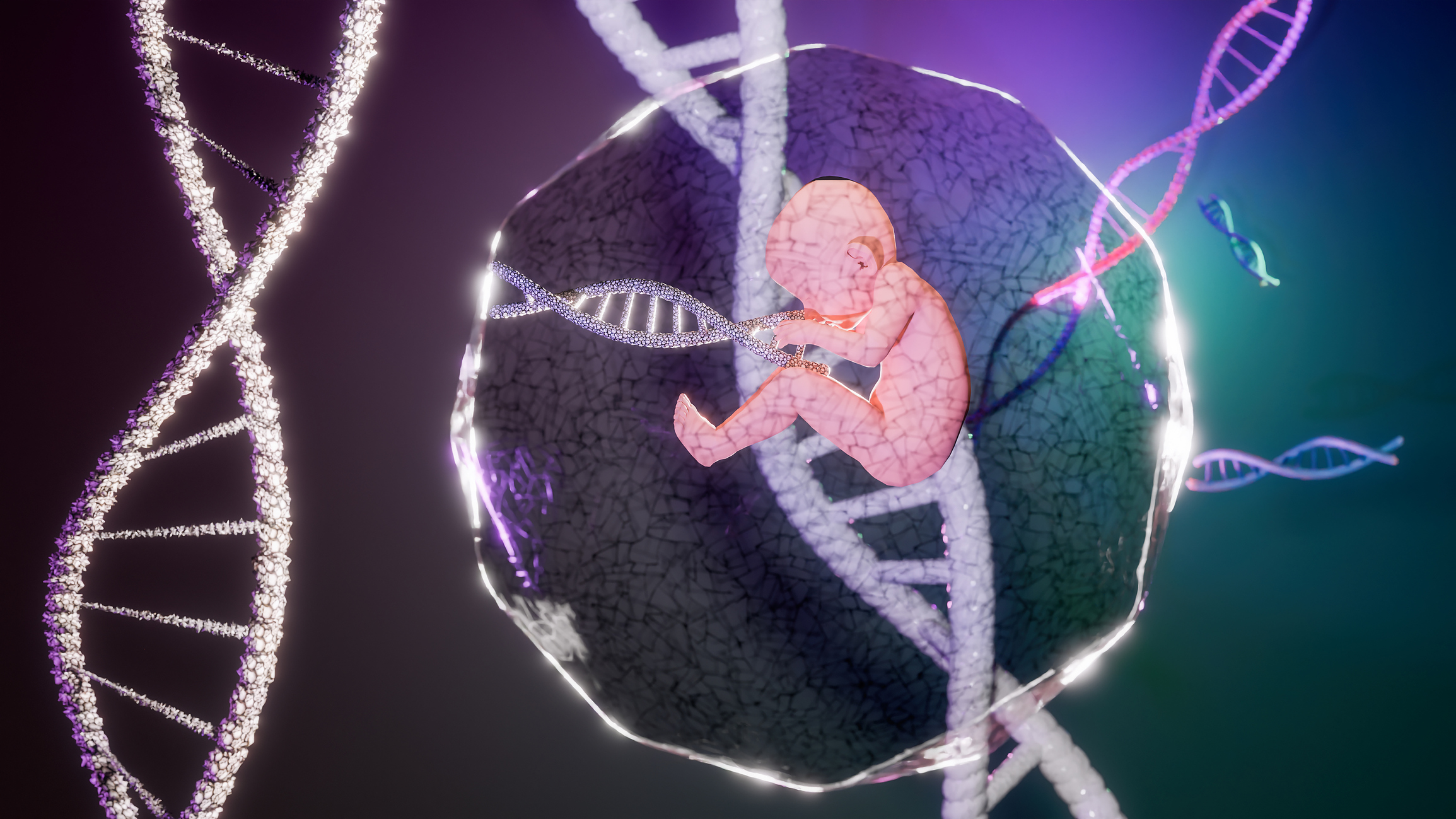In contrast to neurotypical patients, the brains of neurodivergent people develop differently from the norm. Autism is defined as a form of neurodivergence. For them, deviant stimulus processing is the rule and a central but often underestimated feature of their disorder. Those affected often show an over- or under-responsiveness to sensory stimuli and an intense interest in sensory experiences. If an autism spectrum disorder is not recognized, this can lead to serious misdiagnosis, incorrect treatment and counter-indicated interventions.
Autoren
- Dipl. Psych. Kristina Marquass
- M.Sc. Psych. Cirsten Bauer
Publikation
- InFo NEUROLOGIE & PSYCHIATRIE
Related Topics
You May Also Like
- Dapagliflozin for T2D and heart failure
Epicardial fat reduced in patients with type 2 diabetes and HF
- A hub of biological aging
Mitochondrial dysfunction and energy metabolism
- Health Literacy
Promoting health literacy: from the abstract to the concrete level
- Pharmacological therapy
Anxiety symptoms in eating disorders
- Case study
Wiedemann-Steiner syndrome in a 2-year-old girl
- Chronic back pain
Care in the virtual hospital – the Back@home project
- Psoriatic arthritis
Long-term remission also possible without DMARDs
- Clinical relevance, benefits and limitations











